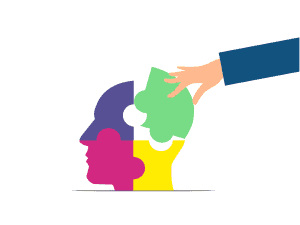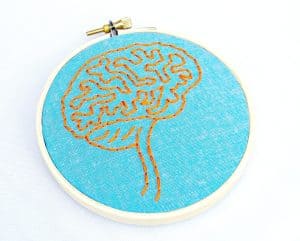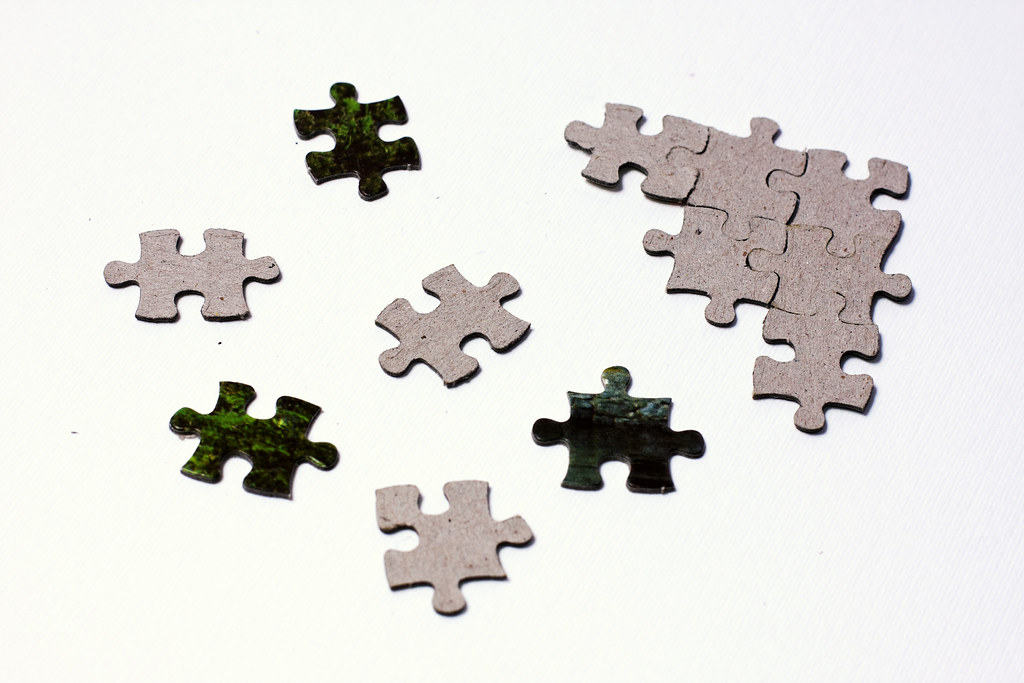Does solving jigsaw puzzles improve spatial reasoning? This question has long intrigued researchers, educators, and puzzle enthusiasts alike. Jigsaw puzzles have been popular for centuries, and many people enjoy the challenge and satisfaction of putting together intricate designs.
In recent years, there has been growing interest in understanding the cognitive benefits of solving jigsaw puzzles, particularly in relation to spatial reasoning skills. This article explores the potential effects of jigsaw puzzle on spatial reasoning and their wider implications for cognitive development and mental health.
What is spatial reasoning?
Spatial reasoning is the ability to mentally visualize and manipulate objects in space. It involves understanding and interpreting relationships between objects, as well as perceiving patterns and structures. This cognitive skill is crucial for many everyday tasks, such as reading maps, assembling furniture, and navigating through unfamiliar environments. Spatial reasoning is also essential in certain professions, such as architecture, engineering, and design.

The connection between jigsaw puzzles and spatial reasoning
Jigsaw puzzles require individuals to analyze and integrate multiple pieces to form a complete picture. By manipulating and fitting various shapes and colors together, individuals develop their spatial reasoning skills. Solving jigsaw puzzles involves visualizing how different pieces may fit together based on their edges, patterns, and colors. This process exercises and strengthens visual spatial reasoning, allowing individuals to become more adept at perceiving and manipulating spatial relationships.

How does solving jigsaw puzzles improve spatial reasoning?
1. Problem-solving skills: Jigsaw puzzles provide an opportunity for individuals to develop problem-solving skills. As they work on solving the puzzle, individuals must employ a range of strategies, such as identifying patterns, trial-and-error, and using deductive reasoning. These problem-solving skills are transferable to other situations, enabling individuals to approach challenges with a systematic and analytical mindset.
2. Visual spatial ability: Solving jigsaw puzzles enhances box visual spatial ability, which is the capacity to mentally manipulate objects in space. This ability is fundamental in understanding and interpreting visual information, such as maps, diagrams, and graphs. By engaging in the task of fitting puzzle pieces together, individuals strengthen their visual spatial ability, improving their overall spatial reasoning skills.
3. Short-term memory: Solving jigsaw puzzles requires individuals to hold and manipulate information in their short-term memory. They must remember the shape, color, and position of different puzzle pieces to determine their correct placement. Regularly exercising short-term memory in this way can improve its capacity and efficiency, benefiting other cognitive tasks that rely on this memory system.
4. Cognitive skills: Solving jigsaw puzzles stimulates various cognitive skills, including attention, concentration, and focus. Individuals must remain attentive to details, concentrate on the task at hand, and focus on the bigger picture simultaneously. These cognitive skills are transferable to other activities, making individuals more efficient and effective in their daily lives.
Additional benefits of solving jigsaw puzzles
1. Increased IQ: Some studies suggest that regularly playing jigsaw puzzles can increase IQ scores. While the exact mechanism behind this improvement is not yet fully understood, it is believed that the mental challenges posed by jigsaw puzzles stimulate the brain, promoting the growth and connectivity of brain cells.

2. Visual spatial intelligence: Visual spatial intelligence is the ability to perceive, analyze, and interpret visual information accurately. Jigsaw puzzles help develop this intelligence by challenging individuals to recognize patterns, shapes, and relationships. This skill is important not only in tasks requiring spatial reasoning but also in fields such as art, physics, and engineering.
3. Mental health benefits: Engaging in jigsaw puzzles can have positive effects on mental health. The focused and immersive nature of puzzle-solving can induce a state of relaxation and mindfulness, reducing stress and anxiety. Additionally, completing a puzzle can provide a sense of accomplishment and boost self-esteem.
Does Solving Jigsaw Puzzles Improve Spatial Reasoning? – Final Thoughts
In conclusion, solving jigsaw puzzles has the potential to improve spatial reasoning skills and offer several cognitive and mental health benefits. By engaging in the process of visualizing, manipulating, and problem-solving, individuals can enhance their spatial ability, short-term memory, and problem-solving skills. Regularly engaging in jigsaw puzzles may also have wider implications for cognitive development and mental well-being. Whether it is for the challenge, relaxation, or cognitive benefits, solving jigsaw puzzles proves to be an activity that exercises the mind and promotes spatial reasoning skills.

